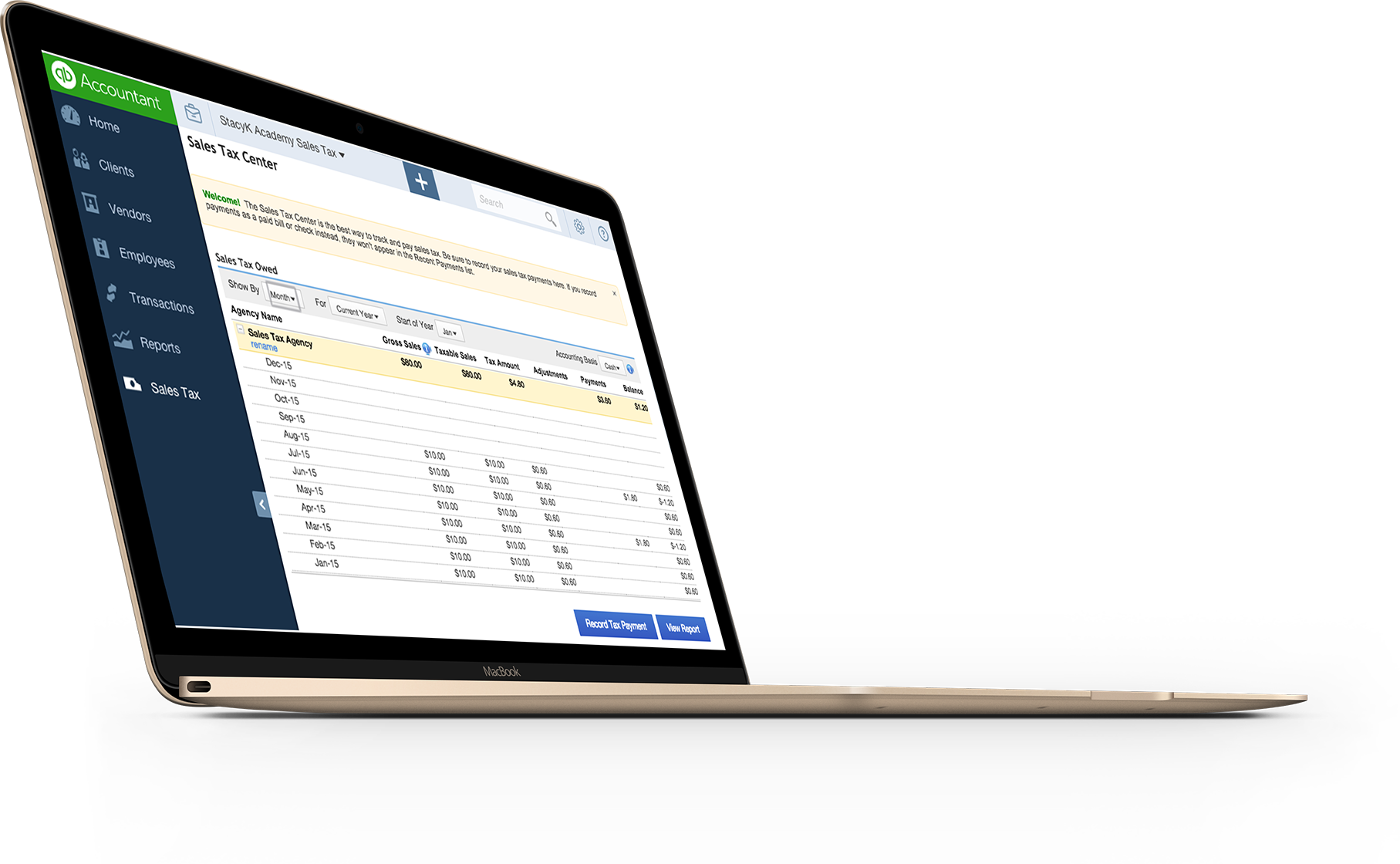What is Sales Tax?
A sales tax is a consumption tax imposed by the government on the sale of goods and services. A conventional sales tax is levied at the point of sale, collected by the retailer and passed on to the government. A business is liable for sales taxes in a given jurisdiction if it has a nexus there, which can be a brick-and-mortar location, an employee, an affiliate, or some other presence, depending on the laws in that jurisdiction.
Conventional or retail sales taxes are only charged to the end user of a good or service. Because the majority of goods in modern economies pass through a number of stages of manufacturing, often handled by different entities, a significant amount of documentation is necessary to prove who is ultimately liable for sales tax.
For example, say a sheep farmer sells wool to a company that manufactures yarn. To avoid paying the sales tax, the yarn maker must obtain a resale certificate from the government saying that it is not the end user. The yarn maker then sells its product onto a garment maker, which must also obtain a resale certificate. Finally, the garment maker sells fuzzy socks to a retail store, which will charge the customer sales tax along with the price of said socks.
What is Use Tax?
Different jurisdictions charge different sales taxes, which often overlap, as when states, counties, and municipalities each levy their own sales taxes. Sales taxes are closely related to use taxes, which governments charge residents who have purchased items from outside their jurisdiction. These are generally set at the same rate as sales taxes but are difficult to enforce, meaning they are in practice only applied to large purchases of tangible goods.
For example, a Colorado resident who purchases a car in Wyoming; she would be required to pay the local sales tax, as though she had bought it at home.
